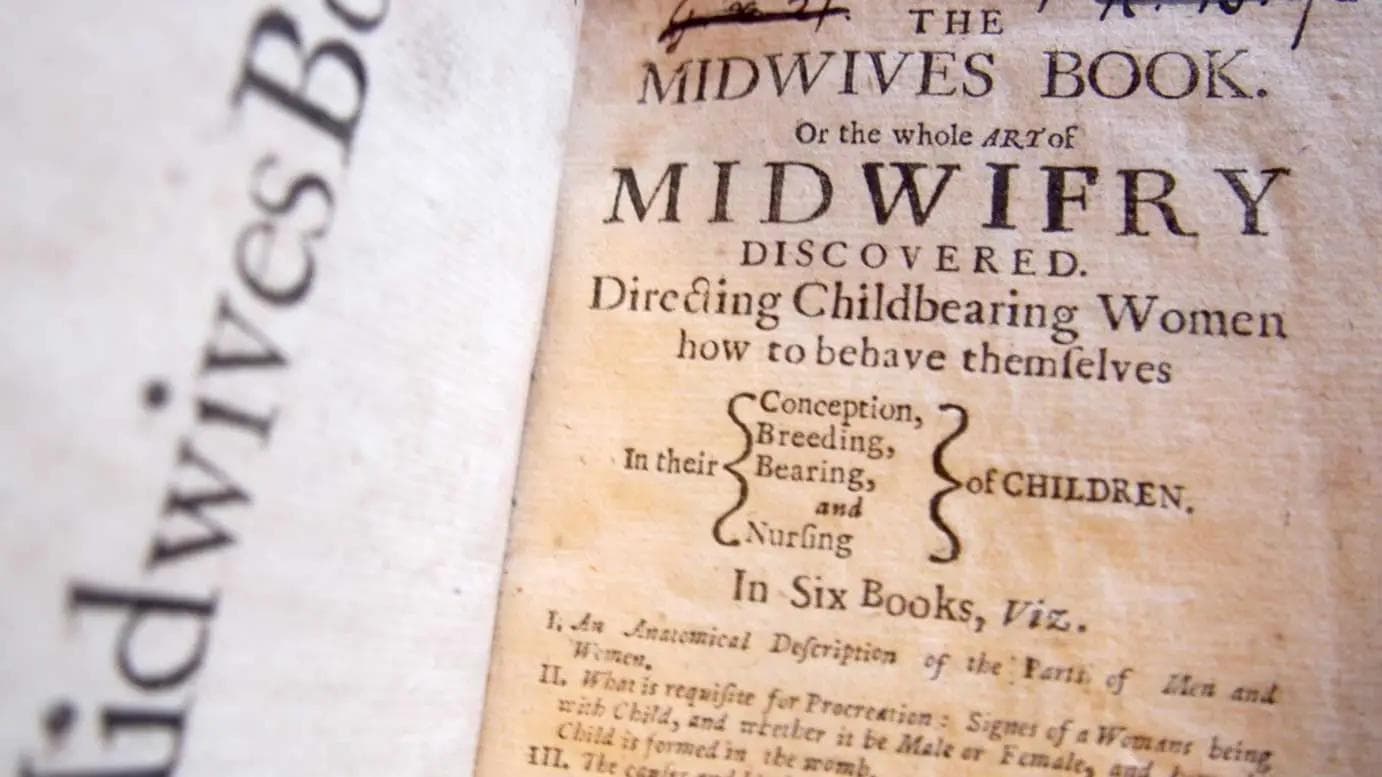Midwifery, the practice of supporting women through pregnancy, childbirth, and the postpartum period, has been a vital part of human history for centuries. From ancient traditions to modern, evidence-based practices, the role of midwives has evolved significantly over time. In this blog post, we'll explore the fascinating history of midwifery and how it has developed into the essential healthcare profession it is today.
Ancient Midwifery
The practice of midwifery can be traced back to ancient civilizations, where women assisted each other during childbirth. In many cultures, midwifery was a revered profession, with midwives holding important roles in their communities. Ancient Egyptian, Greek, and Roman texts all mention midwives and their contributions to women's health.
Middle Ages and the Rise of Male-Dominated Medicine
During the Middle Ages, midwifery remained a female-dominated profession. However, as male-dominated medicine began to emerge, midwives faced increasing scrutiny and accusations of witchcraft. Despite these challenges, midwives continued to play a crucial role in the lives of women and their families.
The Age of Enlightenment and the Medicalization of Childbirth
In the 18th century, the Age of Enlightenment brought about significant changes in the understanding of anatomy and physiology. Male physicians began to take a more active role in childbirth, leading to the medicalization of the birthing process. Midwives, who often relied on traditional knowledge and intuition, were increasingly marginalized.
The 20th Century: Decline and Resurgence
The early 20th century saw a further decline in the role of midwives, as hospital births and medical interventions became more common. However, the 1960s and 1970s brought a renewed interest in natural childbirth and a resurgence of midwifery. Women began to advocate for more personalized, woman-centered care and the right to choose their birth settings and providers.
Modern Midwifery: Evidence-Based and Woman-Centered
Today, midwifery is a highly skilled and regulated profession, with midwives playing a vital role in the healthcare system. Modern midwives combine traditional wisdom with evidence-based practices to provide comprehensive, woman-centered care. They work in a variety of settings, including hospitals, birth centers, and homes, and collaborate with other healthcare professionals to ensure the best possible outcomes for mothers and babies.
The Importance of Midwifery in the 21st Century
In the 21st century, midwifery is more important than ever. With rising rates of maternal mortality and morbidity, particularly among marginalized communities, midwives are uniquely positioned to provide high-quality, culturally sensitive care. Midwifery-led care has been shown to improve outcomes, reduce interventions, and increase patient satisfaction.
Moreover, midwives play a crucial role in advancing reproductive rights and advocating for women's health. They provide a wide range of services, from preconception care and family planning to menopausal support, ensuring that women have access to comprehensive, lifelong care.
As we move forward, it is essential to recognize and support the vital work of midwives. By investing in midwifery education, research, and practice, we can improve the health and well-being of women and families around the world.
The evolution of midwifery is a testament to the resilience, skill, and dedication of the women who have practiced this ancient art throughout history. As we continue to face new challenges in women's health, midwives will undoubtedly remain at the forefront, providing compassionate, evidence-based care and advocating for the rights of women everywhere.





